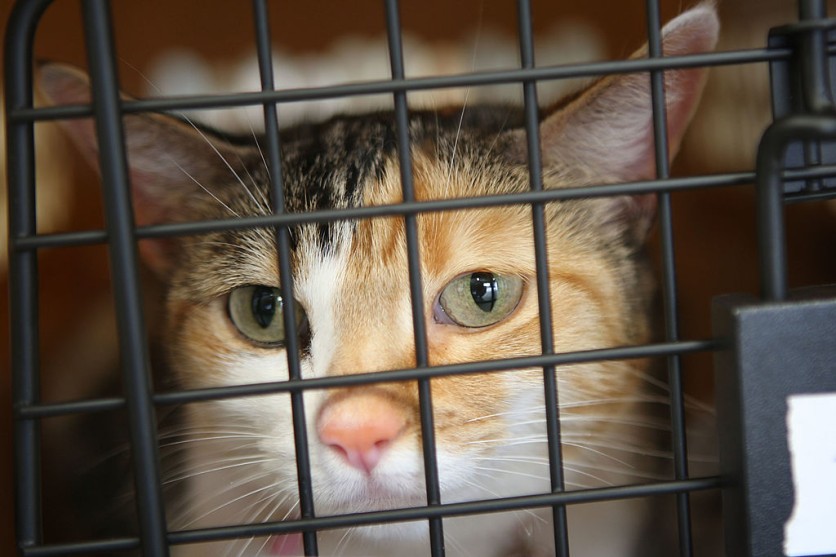
In the latest study by the researchers regarding COVID-19, cats and dogs are also susceptible to the virus just like humans. This opens a suggestion that our pets at home could likely get a COVID-19 vaccine to prevent the virus from reaching its peak.
Why Pets Could Get COVID-19 Vaccine
COVID-19 is not only limited to humans. According to the Centers for Disease Control and Prevention (CDC) via Live Science, the virus that triggers COVID-19, which is known as the SARS Cov-2, can also infect the animals like cats, dogs, minks, and even gorillas. Researchers previously believed that even though COVID-19 transmissions are possible, it only happens on rare occasions.
In an editorial posted by the Virulence journal on January 25, the COVID-19 variants continue to evolve, so combatting the virus transmissions could pose a 'greater challenge' to the public. Several assessments have been carried out in the experiment, and the findings yield a shocking result that could make a big impact on humanity.
While the virus level accumulates to the body of its host, the viral transmission will likely be heightened due to the evolution of the strains. The host, in the form of animals, may pose a great risk of spreading to public health.
"It is not unthinkable that vaccination of some domesticated animal species might... be necessary to curb the spread of the infection," the editorial authors wrote.
Last year, the government of Denmark ordered a massive herd culling of the minks after it was reported that the said animals carried COVID-19 strains.
A month later, the New Jersey-based pharmaceutical company, Zoetis and Medgene Labs, a South Dakota company with only 35 employees, began testing COVID-19 vaccines in sample minks. The two American companies said that they have been developing a formulation of their vaccines similar to Novavax's NVX-Cov2373, a protein-based COVID-19 vaccine.
In a report by Independent, Cock van Oosterhout, a professor at the University of East Anglia and one of the authors of the editorial on Virulence, told that cats and dogs can acquire the virus yet there are still no reported cases where it can be transmitted to the humans. The evolutionary geneticist added that the vaccine development for the animals will only serve as a precaution to prevent further risk.
Scientists Plead the Public to Follow the Protocols
The COVID-19 spread is still enveloping the whole globe, with the emergence of the new strain from the United Kingdom, South Africa, and Malaysia.
Business Insider reported that the new UK strain could record a higher mortality rate compared to the previous COVID-19 version. Additionally, it was also mentioned that the said variant is more transmissible which means that it will more likely result in more deaths in the affected region.
To the animals, the more variants that emerge in the environment, the harder it is to mitigate the spread of the virus for humans. Virulence editor-in-chief Kevin Tyler noted that while cats are asymptomatic, they could still spread COVID-19 to humans,
While some people are now relaxed about the global pandemic situation, the scientists called the government to continue its strict implementation of health and safety COVID-19 protocols to minimize the spread of the virus, which started from Wuhan, China in 2019.
Related Article: Pfizer COVID-19 Vaccine Death Risks: 29 Died in Norway, Database Reportedly Shows 55 US Deaths
This article is owned by Tech Times.
Written by Joen Coronel
ⓒ 2025 TECHTIMES.com All rights reserved. Do not reproduce without permission.




